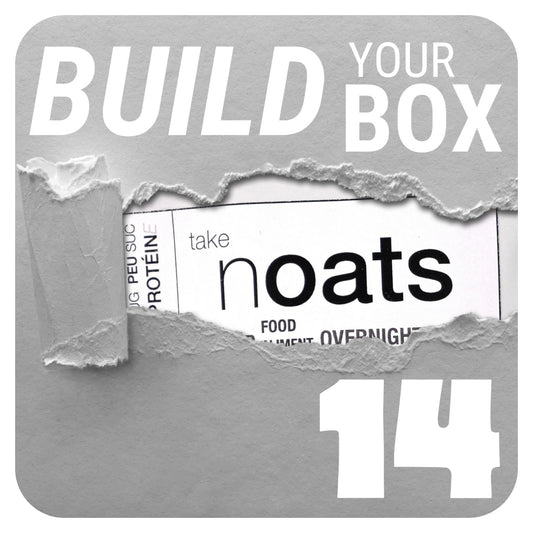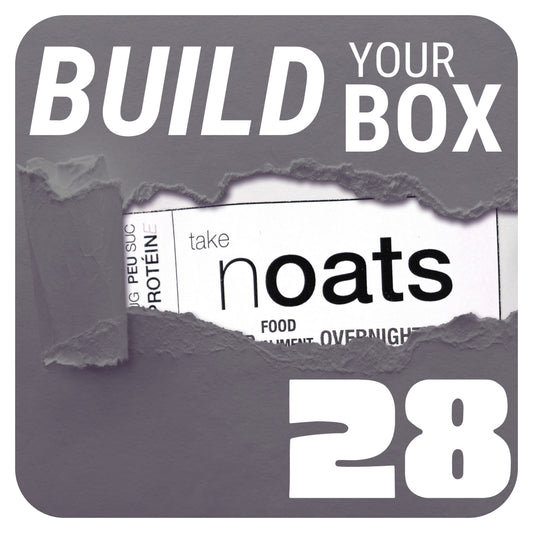Introduction
Let’s get one thing straight from the beginning: food does not make you gain weight. Context does. Blaming overnight oats for weight gain is like blaming running shoes for sore legs after a marathon. It’s an oversimplification of a much more nuanced situation.
So if you’ve found yourself hovering over your mason jar of oats in the morning, wondering if it’s the reason your jeans are tighter, this article is for you. Let’s unpack the science, the myths, and the context that matters when it comes to overnight oats and weight gain.
Understanding Weight Gain: It’s About Energy Balance
Weight gain occurs when you consume more calories than your body burns over time. This is known as a caloric surplus. It doesn't matter whether those calories come from oats, kale, or cheesecake. If your total energy intake exceeds your energy expenditure consistently, you will gain weight.
What Are Overnight Oats, Really?
Overnight oats are rolled oats soaked in a liquid—usually milk or a milk alternative—overnight. The base is often supplemented with fruits, nuts, seeds, sweeteners, yogurt, or protein powders. Nutrient-wise, they are a powerhouse: slow-digesting carbohydrates, fiber, healthy fats, and depending on what you add, a decent punch of protein too.
Caloric Density: Friend or Foe?
The caloric content of overnight oats can range from 250 to over 600 calories per serving, depending on what you add. Add a tablespoon of peanut butter, a handful of nuts, some honey, and suddenly your breakfast rivals a small meal.
But is that a bad thing? Not at all. For someone with high energy needs—think endurance athletes, highly active individuals, or those looking to gain muscle—this is gold. For someone sedentary or in a fat-loss phase, it might need adjusting. Context matters.
The Role of Satiety and Blood Sugar
Here’s where overnight oats shine: satiety. The combination of fiber and protein can keep you full for hours, reducing the likelihood of reaching for less nutrient-dense snacks mid-morning. Oats also have a low glycemic index, meaning they release sugar slowly into the bloodstream, supporting steady energy levels and reduced cravings.
The Hidden Trap: Portion Creep
One of the main culprits of unintentional weight gain from overnight oats is portion creep. A tablespoon of chia seeds here, a splash of maple syrup there, and suddenly your modest jar of oats turns into a 700-calorie bomb.
Solution? Measure ingredients. Track them occasionally if needed. This isn’t about restriction, but awareness. You wouldn’t drive a car without a speedometer, so why eyeball your nutrition indefinitely?
Nutrient Timing and Energy Distribution
Eating a higher-calorie breakfast like overnight oats can actually help regulate appetite and energy levels throughout the day. Some research supports front-loading calories (eating more earlier in the day) as being beneficial for weight management, blood sugar control, and metabolic health.
Metabolism Isn’t Static
Overnight oats won’t magically slow your metabolism. In fact, consistent nutrient-rich meals may support a more robust metabolic rate by maintaining lean body mass and hormonal balance. Undereating and skipping meals can do the opposite, especially in active individuals.
Overnight Oats for Fat Loss?
Absolutely. Overnight oats can be an excellent part of a fat-loss plan when portioned appropriately. Want to keep calories lower? Opt for unsweetened almond milk, Greek yogurt for added protein, and low-calorie fruits like berries. Need more staying power? Add a scoop of protein powder.
The Case for Inclusion, Not Exclusion
Demonizing foods never works. It leads to guilt, food anxiety, and unsustainable eating patterns. Overnight oats are not the enemy. In fact, they’re a convenient, nutrient-rich, versatile meal that—when prepared mindfully—can support any body composition goal.
Let’s Wrap This Up
Will overnight oats make you gain weight? No, not inherently. What might cause weight gain is consistently consuming more calories than you expend—whether those calories come from oats or donuts.
Instead of fearing your breakfast, get curious about it. Adjust the ingredients to suit your energy needs. Use oats as a canvas to nourish your body, not something to fear.
Frequently Asked Questions (FAQs)
- Are overnight oats healthier than regular oats? Nutritionally, they’re nearly identical. The soaking process makes them easier to digest and slightly improves the bioavailability of certain nutrients.
- Can I eat overnight oats every day? Yes, as long as you vary the toppings to ensure a wide range of nutrients. Variety is key to a balanced diet.
- Should I avoid overnight oats if I’m trying to lose weight? Not at all. Just be mindful of portions and added ingredients. Focus on fiber and protein-rich toppings.
- Do overnight oats have too much sugar? Only if you add too much. Skip the syrup and sweetened yogurt. Use fruits, cinnamon, or a touch of vanilla for natural sweetness.
- Is it okay to add peanut butter or nuts to my oats? Absolutely. Healthy fats like those found in peanut butter or nuts help with satiety. Just be mindful of quantities due to their calorie density.
If you value your time but sill want to get some Overnight Oats with balanced macros (chicken breast worth of protein, two scoops of brown rice and less than a sugar worth of apples) into your diet, takenoats offers a wide variety of flavours all enhanced with adaptogenic mushrooms and roots.




